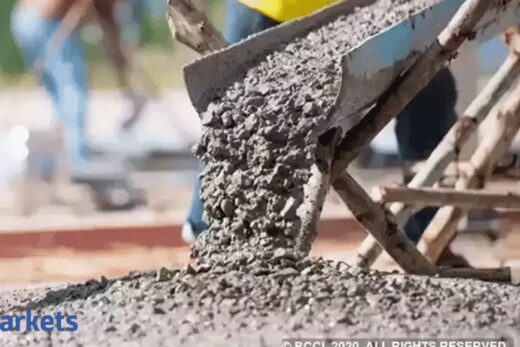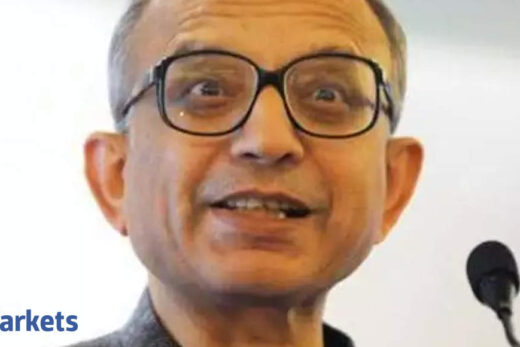The size of the QIP could be in the range of Rs 1000 crore so that PNB’s shareholding is maintained around 27%. PNB had earlier announced that it would like to maintain a minimum 26% stake in PNB Housing.
The mortgage lender had abandoned a QIP plan around June last year after share prices crashed. It is again looking to use the same instrument as a fallback option.
Some existing investors, which were waiting for a rights issue or preferential issue, may now invest through QIP. The Carlyle Group, which owns 32.22% of PNB Housing through a group company called Quality Investment Holdings, cannot subscribe to QIP since it has representative in the company’s board.
“Even as we have capital adequacy around 20%, it’s important for us to have a medium term solution for raising capital to support our growth plans,” chief executive Hardayal Prasad told ET. “We are preparing for growth with specific focus on the underwriting standards through digital sourcing and improving efficiency and productivity.”
The board at its meeting held today modified its earlier resolution taken on August 19, 2020 for raising of tier-1 capital for an amount not exceeding Rs 1800 crore and included QIP as an additional mode of raising funds, along with preferential issue or rights issue and/or a combination of various instruments by way of issue of equity shares or any other securities, the company said in a filing to stock exchanges.
An elbowroom for PNB to invest Rs 600 crore will be kept within the Rs 1800 crore plan. PNB holds 32.65% in the mortgage lender.
PNB Housing is rebalancing its portfolio in favour of retail loans which helped it to conserve capital for the past 12 months. Its loan assets dipped nearly 7% to Rs 64,584 crore at the end of December from Rs 69,194 crore a year back with 86% retail share. Disbursements for the quarter remained flat at Rs 3,203 crore compared with Rs 3,196 crore in the year ago period, even as retail loans grew 14% to Rs 3156 crore from Rs 2758 crore.
The company reported net profit at Rs 232 crore as against Rs 237 crore a year back. Interest rate spread stood at 2.90% as compared to 2.53% while net interest margin was at 3.2% as compared with 3%. Total income fell 9% at Rs 1881 crore vs Rs 2070 crore over the same period.
Its asset quality worsened with gross non-performing assets (NPA) ratio slipping to 2.64% of total advances compared with 1.75% a year back. The ratio would have been 4.5% had not the Supreme Court stalled NPA classification for borrower accounts which were not NPA till August last year. Its net NPA was at 1.41% as against 1.25%.
The company’s share price fell 2.25% Wednesday to Rs 353.5 on BSE. It was Rs 213 on June 15, 2020 when the lender had dropped the QIP plan.



